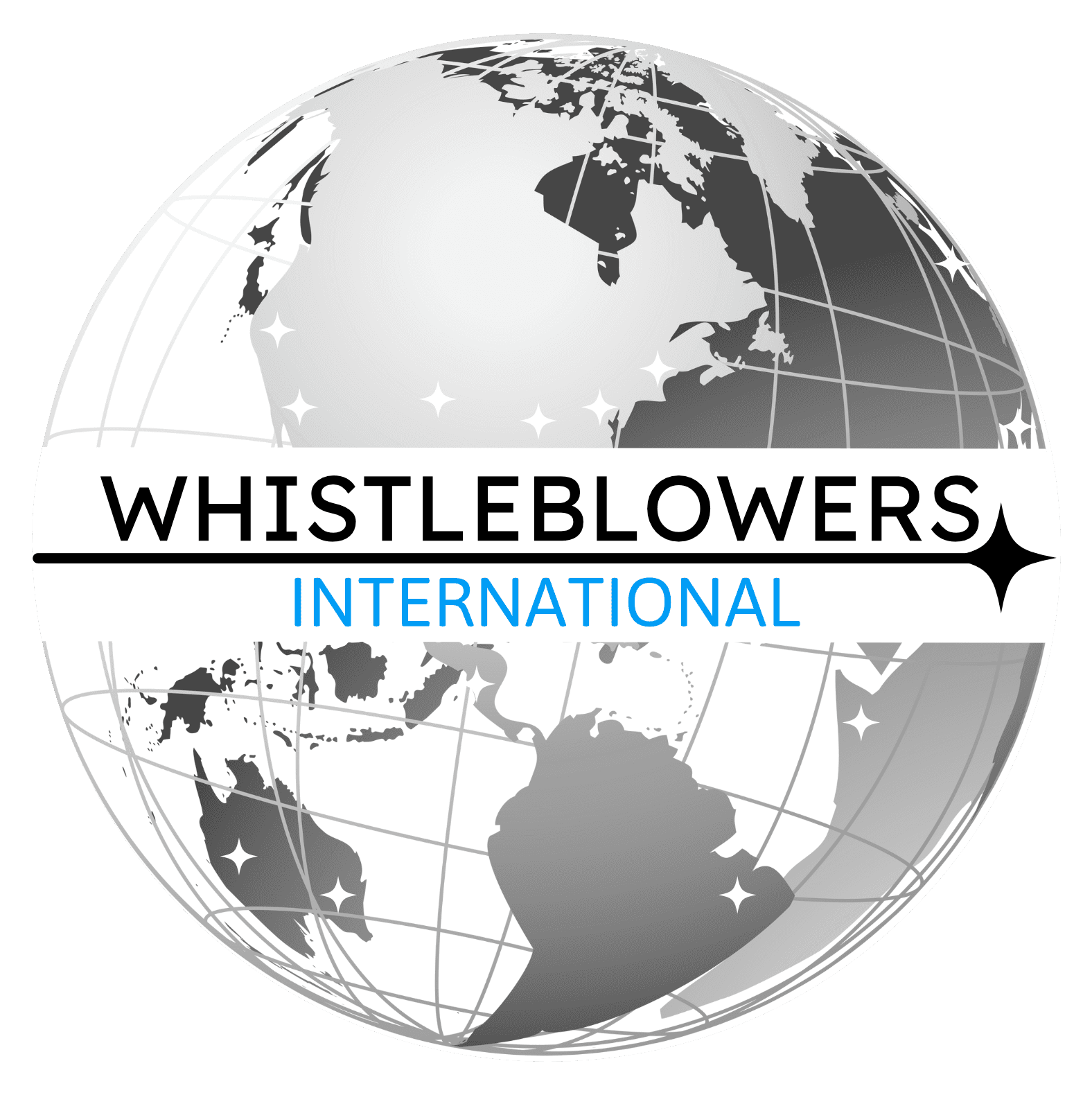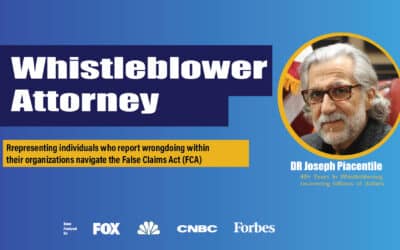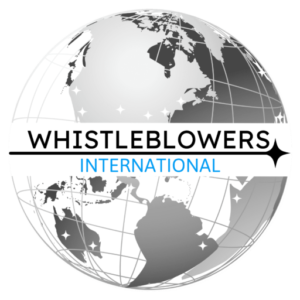PROCUREMENT FRAUD
PROCUREMENT FRAUD
Procurement fraud occurs when a private contractor overbills the government, neglects an obligation or causes a loss by delivering defective goods or services. Whistleblowers who come forward to report these unlawful practices help both the federal authorities and the taxpayers receive what they paid for.
PROCUREMENT FRAUD OVERVIEW
Government contracts are controlled by several laws and regulations designed to ensure that the products or services provided by companies meet a minimum quality standard. Laws like the Truth in Negotiations Act require that the bidding process is free of manipulation and that the final price is fair and reasonable.
There are many types of procurement fraud: billing for services never provided, lying about a company’s qualifications or experience to win a bid, providing defective supplies or failing to test a product. Any instance where the federal authorities government does not receive what they paid for or paid more for a contract because of rigged bidding may be a procurement scheme.
Forgeries and alterations of documents or the creation of fake documents may be the evidence of a potentially illegal practice. Irregularities in electronic accounting data such as unusual patterns in payments, a large number of smaller invoices to the same vendor or paid without supporting receipts are also red flags.
THE SOCIAL COST OF CHEATING THE GOVERNMENT
Each year, private corporations, known as government vendors, receivecontracts worth over $450 billion. Because of bribery and kickbacks, taxpayers are often left with the burden of overpaying for inefficient government contracts, such as the infamous instance of $7,600 coffee makers and $435 hammers sold to the U.S. Navy. Some cases of procurement fraud have had deadly consequences, such as in cases of defense contractors where soldiers receive defective weapons or inefficient body armor.
It is estimated that these unlawful scams account for up to 6% of all federal money spent on private contracts, costing American taxpayers as much as $42 billion every year. Thanks to efforts of many brave whistleblowers over the past five years, False Claims Act cases of this type have recovered over $4 billion for the U.S. Treasury, with settlements totaling $1.1 billion in 2015 alone.
TYPES OF PROCUREMENT FRAUD
KICKBACKS / BRIBERY
Paying kickbacks in exchange for preferential bidding treatment. In addition to direct cash or non‐monetary payments, bribes may be also paid through inflated invoices or invoices for goods or services never delivered (duplicate payments).
BID RIGGING
Multiple bidders agree to manipulate the government procurement process by colluding with each other. Bidders may rotate who bids on contracts, intentionally increase the prices, or participate in other anti‐competitive practices.
DEFECTIVE PRODUCTS AND SUBSTITUTION OF ITEMS
Unscrupulous business may end up delivering goods to federal agencies or the military that are not made to the specifications required by the initial contract, are unsafe, unreliable or otherwise faulty. Other times the items delivered are of an inferior quality than those required under the agreement.
FAKE INVOICES
Creating fake invoices for services or parts that were never used or delivered and charging them to the government.
CONFLICT OF INTEREST
Failing to disclose a personal interest in the contract or the work that will be completed.
PHANTOM VENDORS
Nonexistent vendors are created and paid as sub‐contractors for work that is never performed.
ASSET MISAPPROPRIATION
Contractors intentionally send an incomplete order while billing as it was completed.
SPLITTING
In order to avoid the threshold at which the goods or services procurement must go through a competitive bidding process, the order is split into multiple purchases. The total amount of these smaller purchases exceeds the bid threshold, creating a loophole that can be fraudulently exploited.
FRAUDULENT STATEMENTS
Fraudulent statements made during the bidding process can result in a company receiving a contract that it does not have the resources or experience to fulfill. These false claims include misrepresenting its revenue to appear larger (fake revenues); failing to disclose its complete history of legal or regulatory issues (improper disclosures); and lying about its qualifications, experience or abilities to increase competitiveness (overstated credentials).
Contact Us Today
The information submitted will be submitted to the law firm of Piacentile & Associates LLP d/b/a Whistleblowers International. This communication does not create an attorney-client relationship and is submitted only for the purpose of evaluating your claim to see if this is something we are able to help you with. By contacting us, you certify that you are a potential client making a bona fide inquiry about obtaining legal services to address a potential whistleblowing legal claim. Past results do not guarantee future outcomes. While this submission does not create an attorney-client relationship, all information submitted will be kept strictly confidential per legal ethics rules since this information is submitted in contemplation of a potential attorney-client relationship. No attorney-client relationship is formed until it is determined after evaluation with you that this is something we can take on and a retainer agreement is signed by you and the law firm of Piacentile & Associates LLP d/b/a Whistleblowers International. Please also understand that by submitting your information, there is no guarantee that we will contact you in response, as at any given time, there are only a limited number of claims we are able to take on and pursue. If we do not contact you within 3-business days of your submission, please reach out to another whistleblower law firm if you are interested in pursuing your matter.
Our Areas of Practice
Healthcare Fraud
Securities / Derivatives Fraud
Fraud Against the Government
Tax Fraud
Cryptocurrencies Fraud
Defense Contractor Fraud
Money Laundering
Foreign Corrupt Practices Act
DR. JOE’S CASES HAVE BEEN FEATURED IN:





NOTABLE PROCUREMENT FRAUD CASES
- In December 2014, a subsidiary of the largest defense contractor, Lockheed Martin, settled with the Department of Justice for $27.5 million for providing the Army forces in Iraq and Afghanistan with unqualified employees while the company billed the Army for more expensive specialists.
- In December 2014, Supreme Foodservice GmbH, a private Swiss company, and its partner in the United Arab Emirates paid $434 million in criminal and civil fines in connection with a contract to provide supplies to U.S. soldiers in Afghanistan. Supreme Foodservice inflated food and water prices by using a middleman company it owned. The whistleblower who anonymously tipped off the authorities received a $16.16 million reward.
- In April 2009, a hurricane Katrina contractor, Lighthouse Disaster Relief, accepted a $4 million judgment for failing to build and staff a basecamp for first responders that was large and equipped enough to accommodate them as described in the contract.
REPORTING PROCUREMENT FRAUD
The best people to identify these fraudulent behaviors are internal auditors, company examiners, and the employees working in bidding, contracting, purchasing, program management, payroll, accounting, and contractor occupations. Illegal practices of this kind can be reported under the U.S. False Claims Act, which provides whistleblower protections and rewards ranging between 15% and 30% of the total amount recovered by the government.
We can provide you with a free, hour-long legal consultation. Contact one of our lawyers by filling out a form or calling toll-free at .
COMMITTED TO GLOBAL TRANSPARENCY
Unmasking Investment Fraud: A Private Investigator’s Guide to Navigating Financial Scams
As a private investigator specializing in investment fraud cases, I've seen countless victims fall prey to sophisticated schemes that exploit their trust and hard-earned money. Over the years, I’ve gathered insights on how to spot fraud, protect investments, and take...
Whistleblower Attorneys: Protecting Those Who Speak Out Against Fraud
At Whistleblowers International, we specialize in representing courageous individuals who report fraud, misconduct, or illegal Whistleblower Attorneys: Protecting Those Who Expose Fraud At Whistleblowers International, we are...
Financial Crimes Enforcement Network (FinCEN): An Overview
The Financial Crimes Enforcement Network (FinCEN) is a bureau within the U.S. Department of the Treasury that plays a critical role in safeguarding the financial system against illicit activities such as money laundering, terrorist financing, and other financial...
What is FinCEN?
The Financial Crimes Enforcement Network (FinCEN) is a bureau of the U.S. Department of the Treasury dedicated to combating financial crimes, such as money laundering, terrorist financing, and other illicit activities that exploit the financial system. Established in...
PCBs and Cancer: Understanding the Risks and Connections
Polychlorinated Biphenyls (PCBs) are chemical compounds that were widely used in industrial applications before their ban in the late 1970s due to health concerns. One of the most significant risks associated with PCB exposure is cancer. Numerous studies have explored...
Understanding the Current PCB Legal Landscape and Emerging Cases
Polychlorinated Biphenyls (PCBs) Polychlorinated Biphenyls (PCBs) have been the subject of numerous lawsuits for decades due to their widespread use and enduring impact on the environment and public health. Despite being banned in the late 1970s, PCBs continue to pose...
Understanding PCB Exposure: Common Questions and Answers
What is PCB Exposure? Q: What is PCB exposure? A: PCB (Polychlorinated Biphenyl) exposure refers to contact with these man-made chemicals, which were widely used in various industrial applications from the 1930s until their production was banned in many countries in...
Top U.S. Government Contractors and the Risks of Procurement Fraud
The U.S. government is one of the largest purchasers of goods and services globally, spending hundreds of billions annually on contracts with private companies. While these contracts provide significant business opportunities, they also come with risks, including the...
Understanding Government Contract Fraud: Can Contractors Be Criminally Charged?
Government contract fraud is a significant issue affecting both the federal government and the private sector. With billions of dollars allocated to government contracts annually, instances of fraud have emerged as a critical concern. This article explores whether...
Understanding Securities and Commodities Fraud: Insights from a Lawyer’s Perspective
Securities and commodities fraud can be complex and overwhelming to navigate, especially if you're facing legal challenges in these areas. This blog post aims to shed light on the essential aspects of securities and commodities fraud, answering key questions and...
The information on this website is for general information purposes only. Nothing on this site should be taken as legal advice for any individual case or situation.
We do not accept cases in all jurisdictions. No representation is made that the quality of the legal services to be performed is greater than the quality of legal services performed by other lawyers. Prior results do not guarantee a similar outcome. This information is not intended to create, and receipt or viewing does not constitute, an attorney-client relationship. While we will treat any information provided as privileged and confidential, you should understand that when you provide information about a potential case to us, we do not become your attorneys. We do not represent you until we have agreed to do so and a retainer has been signed by both of us. This information is not intended to create, and receipt or viewing does not constitute, an attorney-client relationship. This website may be considered attorney advertising in some states.
© 2024 All Rights Reserved.




